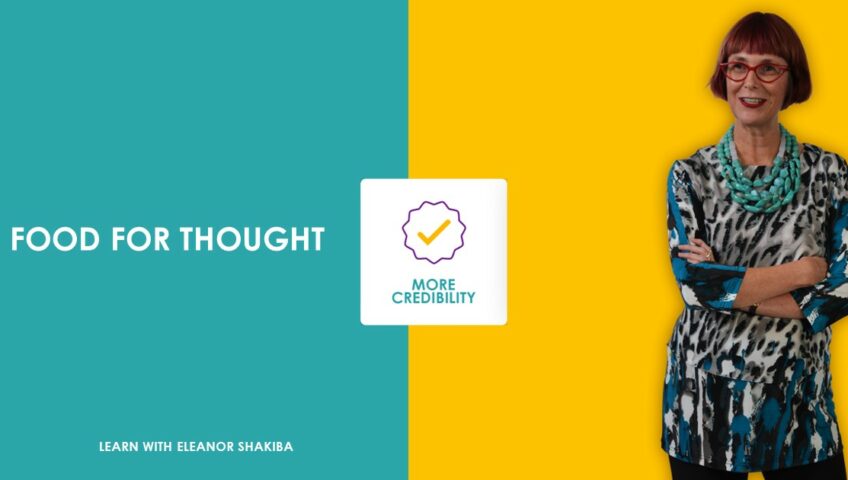What you say and how you say it. Both factors influence your success as a leader, so it’s useful to stay up-to-date with communication research. For example, a recent paper revealed some fascinating facts about how small changes in your word choice can make a big impact on your leadership brand.
Researchers found that when people were randomly assigned ‘leadership’ roles, their word choice changed. They tended to use more plural pronouns (we, our, they) than those in lower-status positions (who used “I” more often). These findings highlight the intricate interplay between language, power, and hierarchy.
The study also suggested that pronoun patterns can offer insights into power dynamics in larger social groups, not just teams. For example, those who used more first-person singular pronouns (I) were perceived as having less social status, while those using ‘we’ were perceived as having higher status in the group. It is worth noting that the differences in word choice and perception of power were subtle but impactful.
Free e-book and video tips.Get your copy today!
|
|
These findings can be applied in various contexts, including when making recommendations, providing advice and leading teams. Understanding how language and communication affect power and hierarchy can help boost your credibility and influence. It can also impact your relationships both at work and in your personal life.
As the author points out, “Understanding the nuances of pronoun usage can help us better navigate social hierarchies and foster effective communication within professional settings.”
Think about this the next time you draft a business email or give a presentation. Are you using inclusive language that acknowledges the contributions of others and promotes a collaborative atmosphere? Or are you unintentionally diminishing your own status by using singular pronouns?
To find out more, read the source article here from Psychology Today.
This article summary was created by Eleanor Shakiba
Eleanor is a leadership trainer, success coach and people skills expert. She helps managers and business owners build thriving teams and organisations, using tools from Positive Psychology. She's trained more than 60,000 people during her career as a corporate trainer and professional development consultant. Her mission is inspiring talented people to become leaders who make a difference.

